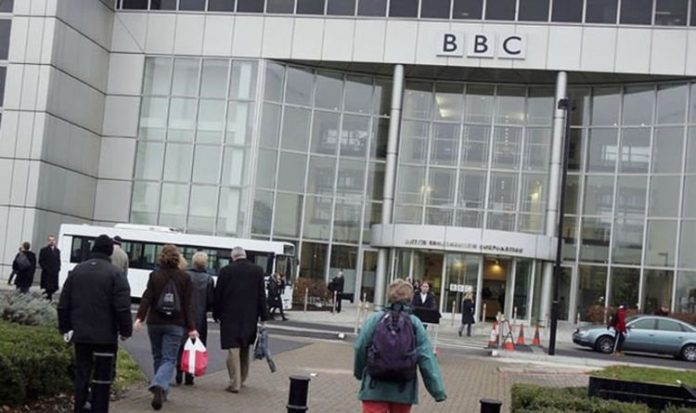A source close to the new boss said: “Tim buys into the idea of impartiality properly and you are going to hear a lot more about that in the coming months.” Some BBC personalities like Lineker – who is a freelancer – has previously said he can “tweet what he likes” because he does not present programmes on news or current affairs.
The former Leicester City and England striker has been criticised by colleagues, MPs and the public over his stances on Brexit and the Government’s handling of the coronavirus crisis.
Earlier this year BBC Newsnight presenter Emily Maitlis was lambasted for a monologue she gave about Dominic Cummings, Boris Johnson’s chief advisor.
Last week, the BBC came under fire after its decision to drop the lyrics of Rule, Britannia! and Land Of Hope and Glory from the Last Night of the Proms.
Fourteen Tory MPs have written to the new boss citing the Proms row as latest example of the BBC “fundamentally failing” to maintain a “distinct lack of impartiality in BBC reporting and commentary”.
Former head of BBC Westminster and Theresa May’s director of communications Sir Robbie Gibb also accused the corporation of being “culturally captured by the woke dominated group think”.
Mr Davie is expected to talk about accusations of bias on Thursday in his first speech after
taking over from Lord Hall, the current BBC boss.
Richard Sambrook, a former director of global news at the corporation, has carried out a review into the use of social media by BBC staff.
The details of the review have not been made public but it is expected to introduce strict new guidelines on what BBC staff can and cannot say on social media.
Last year Channel 4 went through a similar process and forbade all journalists not working in politics from tweeting on the subject.
A BBC source said: “There is an acute understanding among some people, senior in the organisation, that this is an issue that needs to be addressed.”
A corporation spokesman said: “Impartiality is vitally important for the BBC and we look forward to receiving Richard Sambrook’s assessment of the issues around the use of social media.”







